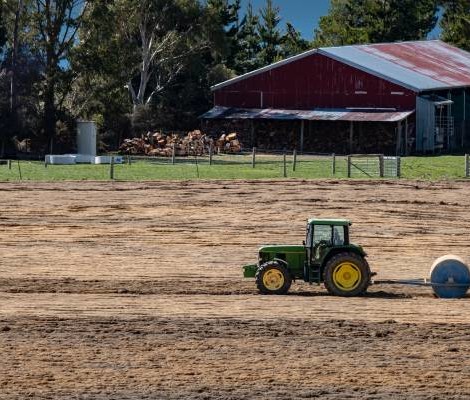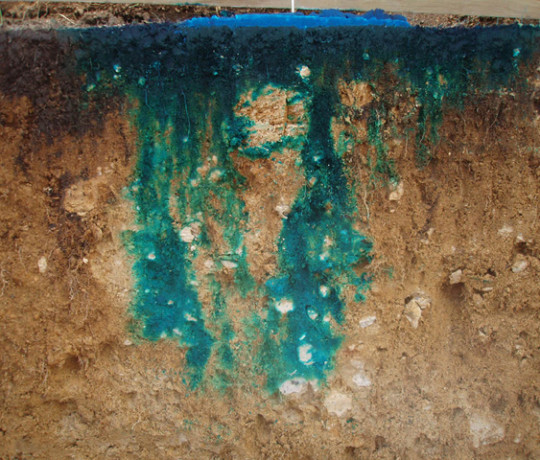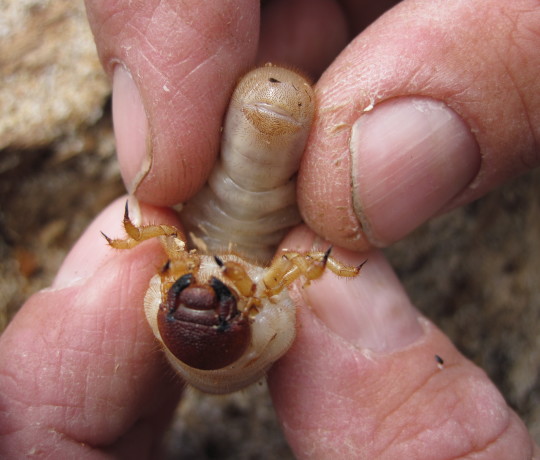Towards sustainable soil management
Most soils are able to provide a range of different functions. But that does not mean all soils are capable in the same way.
Wise soil management acknowledges that there are trade-offs between the various soil functions, and strives to balance the functions as much as possible. It considers the limitations a soil may have, and looks at how undesirable soil change can be minimised.
Building blocks for wise soil management can e.g. be:
- Know your soil(s): Check on available soils information for your land [link to S-map Online]; are soil conditions such that it can sustain the intended management? If unsure, get professionals to look at your soil before making far-reaching land use and management decisions
- Make use of the diversity of soil types on your land; e.g. adapt land use to the various soil depths, texture, and stoniness. The shallower a soil is the more likely leaching of excess nutrients will be an issue. Soils with poor drainage may at times have a high watertable and be vulnerable to pugging damage and runoff.
- Use management practices that support life in the soil, or avoid/minimise those that don’t. Soil life is the ‘engine’ of soil formation, and is the basis of healthy and fertile soil.
- Maintain vegetation and soil cover around the year to reduce the inpacts of wind and water erosion.
- Monitor your soil. There is a wide range of visual soil assessments you can use to assess your soil(s) quickly and free of charge.
If you are keen to have a closer look at sustainable soil management, a good starting point is the 2017 booklet ‘Voluntary Guidelines for Sustainable Soil Management’ published in 2017 by the Global Soil Partnership (GSP):
Link to GSP document (1.5MB)
The Global Soil Partnership has also published a set of technical manuals of recommended management practices targeting the 're-carbonizing' of our soils:
https://www.fao.org/global-soil-partnership/areas-of-work/soil-organic-carbon-manual/en/
In the New Zealand context, the following guidelines have been prepared:
- Shepherd et al. (2000): Soil management guidelines for sustainable cropping. Landcare Research New Zealand, Lincoln, N.Z.; Printed and distributed by Manaaki Whenua Press.
- Shepherd et al. (2000): Visual Soil Assessment (VSA) guides:
- Volume 1: Field guide - Cropping and pastoral grazing on flat to rolling country.
- Volume 2: Soil management guidelines - Cropping and pastoral grazing on flat to rolling country.
- Volume 3: Field guide - Hill country land uses.
- Volume 4: Soil management guidelines - Hill country land uses.
The VSA guides were produced with the co-operation of Horizons Regional Council, Hawke's Bay Regional Council, Ministry for the Environment, and Wellington Regional Council.


